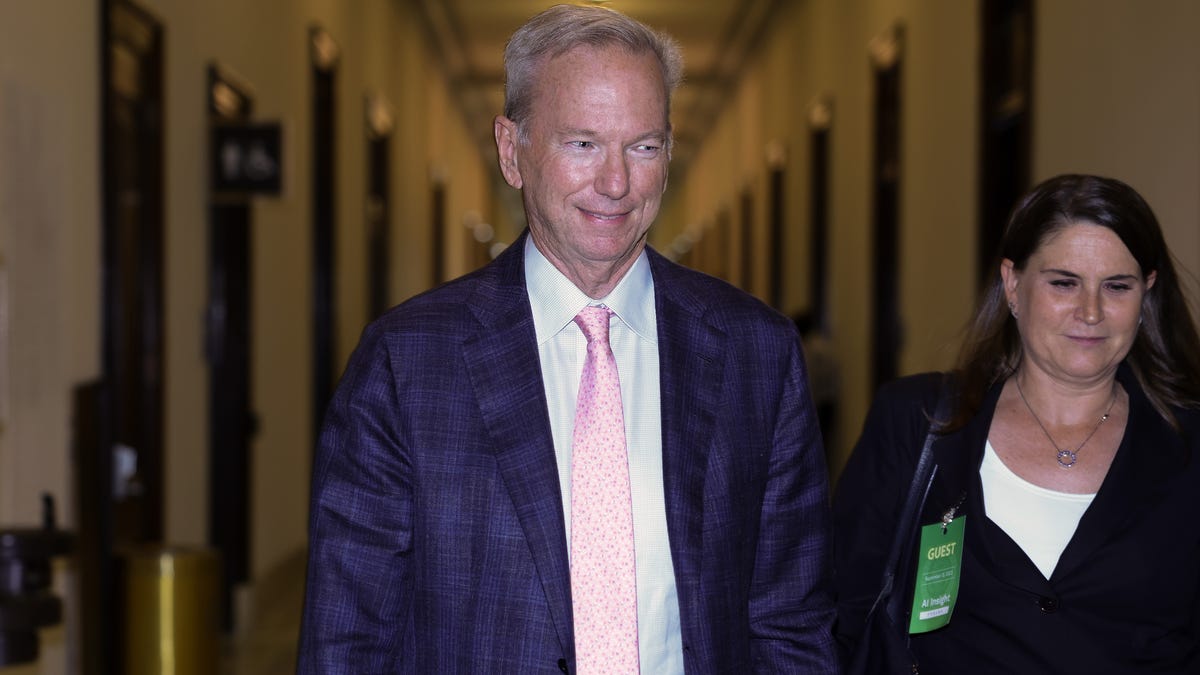The Intersection of AI Investments and National Security Concerns
Former Google CEO Eric Schmidt has faced scrutiny over his investments in China’s artificial intelligence (AI) industry, despite raising alarms about the strategic threat posed by China’s AI advancements to the United States. Schmidt’s private foundation, in 2019, invested $17 million in a feeder fund that supports Hillhouse Capital, a Chinese private equity firm with interests in AI companies in its portfolio.
Concerns Raised by Schmidt and the National Security Commission on Artificial Intelligence (NSCAI)
In a report penned by Schmidt and NSCAI Vice Chairman Robert Work, they expressed apprehension that AI developments could impact America’s role as a global innovator. They warned that China’s use of AI technology to further autocratic agendas and commit human rights violations could set a dangerous example for other authoritarian regimes to follow, creating challenges for democratic countries to counteract.
The Tech Transparency Project revealed that Schmidt had arranged meetings with AI leaders in China, including individuals later accused of supporting AI technologies used for human rights abuses and military purposes. Schmidt’s interactions with the Chinese AI industry sparked questions about his commitment to national security concerns.
Defending the Investments
While the Tech Transparency Project highlighted Schmidt’s involvement with Chinese AI companies, a spokesperson for Hillhouse clarified that the specific portfolio funded by Schmidt’s investments did not include Chinese AI firms. Nonetheless, questions remain about the transparency and implications of Schmidt’s financial ties to the Chinese AI sector.
Contradictions and Continued Warnings
Despite issuing warnings against China’s use of AI in domestic surveillance and repression, Schmidt’s investments in Chinese tech giants like Tencent and Alibaba, which have ventured into AI development, raised eyebrows. Schmidt’s spokesperson claimed that the investment decisions were outsourced to a third-party manager, distancing Schmidt from direct involvement in funding decisions.
As the debate continues over the intersection of AI investments and national security concerns, the case of Eric Schmidt sheds light on the complex and intertwined nature of technology, geopolitics, and ethical considerations in the modern era.
Image/Photo credit: source url





